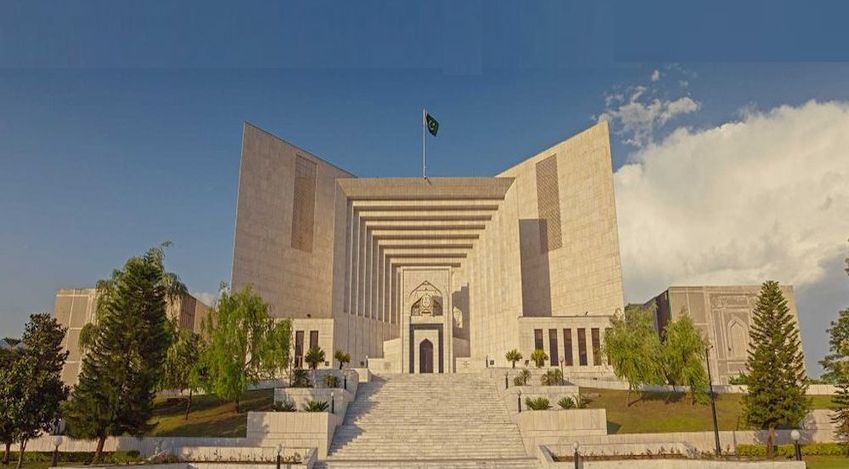Delay in lodging the FIR raises significant doubts about the Authenticity of the Case, potentially indicating after the fact consultation or deliberation --- Supreme Court of Pakistan
Islamabad 19-08-2024: The Supreme Court of Pakistan has set aside the conviction and death sentence of Muhammad Nawaz, a convict in a high-profile murder case, converting his petition into an appeal and acquitting him of all charges. The Court's decision underscores the critical legal principles of the benefit of doubt, joint liability, and equal treatment under the law.
Muhammad Nawaz was convicted and sentenced to death by the trial Court, along with several co-accused, for the murder of a man in Sargodha. The case was initially reported through an FIR lodged by the victim's brother, Muhammad Iqbal, under Sections 302, 148, and 149 of the Pakistan Penal Code (PPC). While the trial Court had sentenced Nawaz and others to death, the Lahore High Court later commuted Nawaz's sentence to life imprisonment and acquitted the other accused.
In its detailed judgment, the Supreme Court highlighted several inconsistencies and legal missteps in the prosecution's case, ultimately leading to Nawaz’s acquittal.
One of the key points noted by the Court was the unexplained delay in lodging the FIR, which was registered more than two hours after the alleged incident. The Court observed that such a delay raises significant doubts about the authenticity of the case, potentially indicating after-the-fact consultation or deliberation.
The Court also emphasized the well-established legal principle that even the slightest doubt in the prosecution's case must be resolved in favor of the accused. In this case, the prosecution's inability to clearly distinguish Nawaz's actions from those of the acquitted co-accused created sufficient doubt to warrant his acquittal.
The judgment reinforced several key legal principles, including the necessity of seeking special leave to appeal against an acquittal in cases instituted on private complaints, as per Section 417(2) of the Criminal Procedure Code (Cr.P.C.). The failure to obtain this special leave rendered the complainant's appeal incompetent.
Additionally, the Court upheld the right of legal heirs to compromise in Qisas cases under Sections 309 and 310 PPC. In this case, the legal heirs had entered into a compromise with one of the co-accused, leading to his acquittal. The Court found that the complainant had no standing to challenge this acquittal, as there was no evidence of coercion or undue influence on the legal heirs.
The judgment also highlighted the principle of "double presumption of innocence," noting that once an accused is acquitted by both the trial and high Courts, overturning such an acquittal requires compelling evidence, which was absent in this case.
The Supreme Court's ruling in Muhammad Nawaz's case serves as a reminder of the importance of upholding legal principles, particularly the need for doubt to benefit the accused and for equal treatment of all accused in a criminal case. This decision also emphasizes the necessity of procedural correctness in filing appeals against acquittals, particularly in cases based on private complaints.
This landmark ruling is expected to have significant implications for future cases involving similar legal issues.
Powered by Froala Editor








